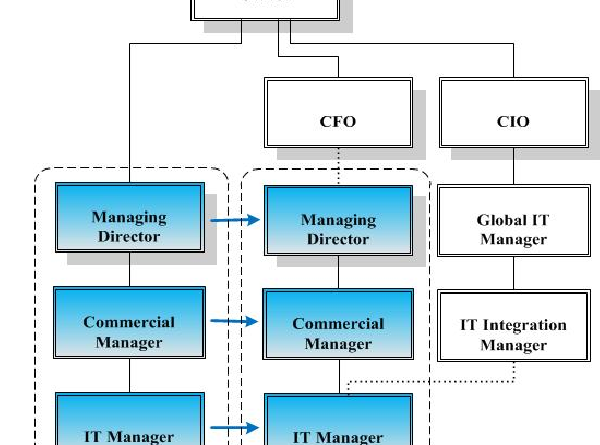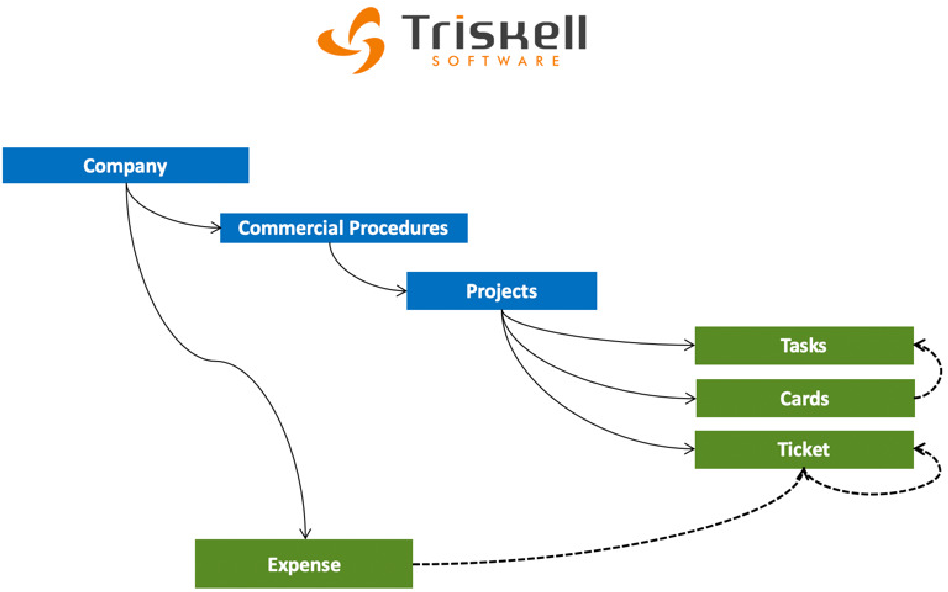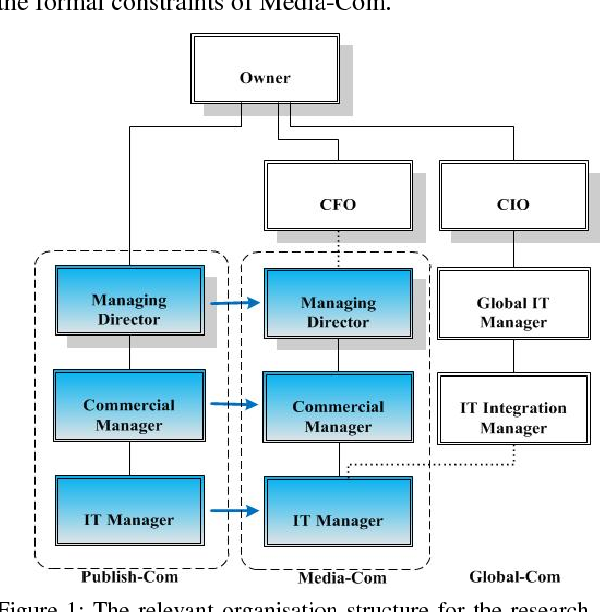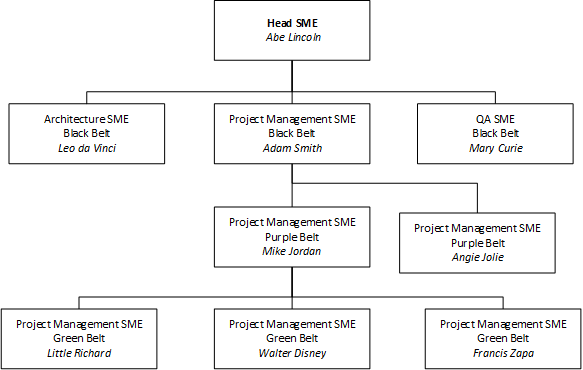
Are you new to the world of project management and wondering what SME stands for? No worries, we’ve got you covered! SME, in project management, refers to Small and Medium-sized Enterprises. In this article, we will explore the significance of SMEs in project management and why they play a crucial role in various industries. From their unique challenges to the advantages they bring to the table, we’ll uncover the valuable contributions SMEs make in the project management landscape. Whether you’re an aspiring project manager or simply curious about SMEs, this article will provide you with an insightful overview. So, let’s get started and discover the world of SMEs in project management!
Definition of SME in Project Management
Introduction to SME
In the context of project management, SME stands for Subject Matter Expert. An SME is an individual or organization that possesses extensive knowledge, skills, and experience in a specific area or domain relevant to a project. SMEs play a crucial role in project management by providing guidance, expertise, and insights that contribute to the successful planning, execution, and completion of projects.
Importance of SME in Project Management
SMEs are vital assets in project management due to their specialized knowledge and expertise. Their contributions can significantly impact the outcome of a project, ensuring its efficiency, effectiveness, and overall success. From offering technical advice to supporting decision-making processes, SMEs bring valuable insights and perspectives that help project teams navigate challenges and make informed choices.

Benefits of SMEs in Project Management
Enhanced Technical Expertise
One of the key advantages of involving SMEs in project management is their enhanced technical expertise. These individuals or organizations possess deep knowledge and understanding of specific technical domains, enabling them to provide valuable guidance and advice on technical matters. SMEs can help project teams overcome technical challenges, suggest innovative solutions, and ensure the project is aligned with industry best practices.
Efficient Resource Allocation
SMEs also play a crucial role in efficient resource allocation within projects. Their understanding of the project’s requirements and constraints allows them to provide valuable input on resource allocation strategies. By leveraging their expertise, project teams can optimize resource allocation, ensuring that time, manpower, and financial resources are used effectively. This ultimately leads to improved project outcomes and better return on investment.
Risk Mitigation
Risk management is an integral part of project management, and SMEs play a vital role in identifying and mitigating risks. Their in-depth knowledge and experience in specific areas enable them to identify potential risks and develop proactive strategies to address them. SMEs can contribute to risk assessment, risk mitigation planning, and the development of risk response strategies. Their insights can minimize project disruptions, increase stakeholder confidence, and enhance overall project success.
Flexibility and Adaptability
SMEs bring essential flexibility and adaptability to project management. Their expertise allows them to swiftly adapt to evolving circumstances, industry trends, and technological advancements. This adaptability enables project teams to align their strategies and approaches accordingly, ensuring the project remains relevant, competitive, and responsive to changing market conditions. SMEs can also provide guidance on agile project management methodologies, allowing teams to embrace iterative approaches and respond to stakeholder feedback effectively.

Challenges Faced by SMEs in Project Management
Limited Resources
One of the main challenges faced by SMEs in project management is the limitation of resources. Unlike larger companies, SMEs often operate with smaller budgets, limited staff, and fewer physical assets. This constraint can make it challenging to compete on equal footing with larger organizations that have greater resources at their disposal. To overcome this challenge, SMEs need to be resourceful, prioritize their activities, and consider strategic partnerships to leverage additional resources and expertise.
Lack of Specialization
While SMEs possess specialized knowledge in their respective domains, they may face challenges when it comes to diversifying their skill sets. This lack of specialization in multiple areas can restrict their ability to take on complex projects that require interdisciplinary expertise. To address this challenge, SMEs can consider collaborating with other SMEs or professionals from complementary domains. This collaborative approach allows them to leverage expertise from various disciplines and offer more comprehensive solutions to clients.
Difficulty in Scaling Up
Another challenge faced by SMEs in project management is the difficulty of scaling up operations. As projects increase in scope and complexity, SMEs may struggle to expand their resources, capabilities, and geographical reach at the same rate. This limitation can prevent SMEs from taking on larger projects or accessing new markets. To overcome this challenge, SMEs can focus on building strategic partnerships, hiring specialized consultants, or exploring outsourcing opportunities to augment their capacity and expand their reach.
Competing with Larger Companies
SMEs often find themselves in direct competition with larger companies that have established brands, extensive networks, and greater market visibility. This competitive landscape can make it challenging for SMEs to differentiate themselves and secure projects. To address this challenge, SMEs should focus on highlighting their unique value proposition, showcasing their expertise through case studies and testimonials, and leveraging their agility and personalized approach to provide tailored solutions to clients.

Strategies for SMEs in Project Management
Leveraging Niche Expertise
SMEs can gain a competitive edge by leveraging their niche expertise. Rather than trying to compete with larger companies on all fronts, SMEs can focus on their specialized areas and become go-to experts in those domains. By continuously strengthening and updating their knowledge, SMEs can position themselves as trusted authorities, attracting clients who seek specific expertise. This strategy allows SMEs to demonstrate their value proposition and stand out in the market.
Building Strategic Partnerships
Strategic partnerships can significantly benefit SMEs in project management. By collaborating with other SMEs or organizations in complementary domains, SMEs can pool their resources, expertise, and networks, enabling them to take on larger projects and access new markets. Strategic partnerships also enhance the overall competitiveness of SMEs, as they can offer comprehensive solutions that combine various areas of expertise. These alliances can be formed through formal partnerships, joint ventures, subcontracting, or consortiums.
Investing in Employee Training
Investing in employee training is crucial for SMEs to remain competitive and adapt to evolving project management practices. By providing ongoing professional development opportunities to their team members, SMEs can enhance their capabilities, broaden their skill sets, and keep up with industry trends. This investment not only improves the skills of individual employees but also strengthens the overall organizational capacity, enabling SMEs to tackle a wider range of projects and deliver exceptional results.
Embracing Agile and Lean Approaches
To navigate the complexities of project management, SMEs can benefit from adopting agile and lean approaches. These methodologies emphasize flexibility, iterative planning, and continuous improvement. By embracing these approaches, SMEs can respond to client feedback more effectively, accommodate scope changes, and deliver value in shorter timeframes. This proactive and adaptable project management style aligns well with the inherent agility and responsiveness of SMEs, enabling them to deliver projects efficiently and meet evolving client expectations.

Case Studies: Successful SMEs in Project Management
Company A: Implementing Innovative Solutions
Company A, an SME specializing in software development, successfully implemented innovative solutions for a multinational client. By leveraging their niche expertise in emerging technologies, Company A developed a custom software solution that streamlined the client’s operations and improved efficiency. Their in-depth knowledge and experience allowed them to identify unique opportunities, resulting in cost savings and increased client satisfaction. This successful project positioned Company A as a trusted partner for future projects in the industry.
Company B: Effective Communication and Collaboration
Company B, an SME in the construction industry, achieved success through effective communication and collaboration. Recognizing that effective stakeholder management is critical for project success, Company B made it a priority to maintain open lines of communication with clients, contractors, and suppliers. Their approach fostered trust, minimized misunderstandings, and ensured timely project progress updates. By actively involving stakeholders in decision-making, Company B created a collaborative environment that led to successful project outcomes and long-term client relationships.
Company C: Efficient Project Monitoring and Control
Company C, an SME specializing in project management consulting, experienced success through efficient project monitoring and control. Recognizing the importance of timely and accurate project information, Company C implemented robust project tracking and reporting systems. By closely monitoring project progress, identifying bottlenecks, and proactively addressing issues, Company C ensured that projects stayed on track and met client expectations. Their meticulous attention to detail and proactive approach enabled them to deliver projects within budget, on time, and with high-quality results.

Conclusion
In the field of project management, SMEs bring invaluable expertise, flexibility, and adaptability to the table. Their specialized knowledge and skills play a crucial role in enhancing technical expertise, optimizing resource allocation, mitigating risks, and adapting to dynamic project environments. Despite facing challenges such as limited resources and competition from larger companies, SMEs can leverage niche expertise, build strategic partnerships, invest in employee training, and embrace agile approaches to succeed in project management. Through case studies, we have seen the tangible benefits of SME involvement in various industries, highlighting their contributions to project success. As the project management landscape continues to evolve, SMEs will remain key players in driving innovation, efficiency, and excellence in project execution.







